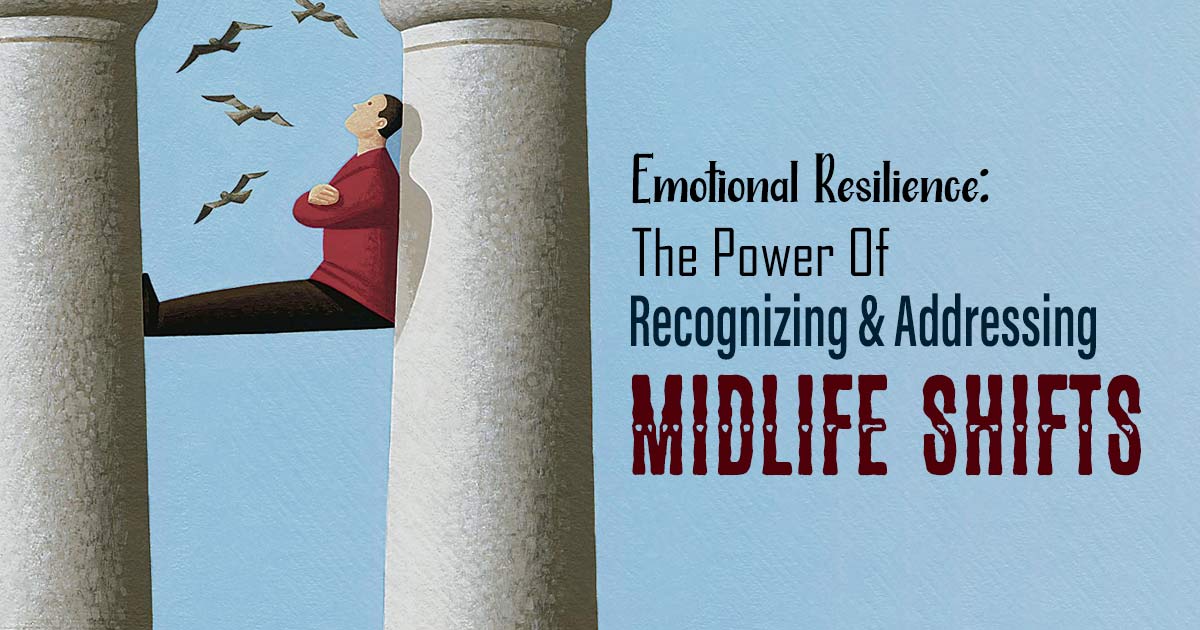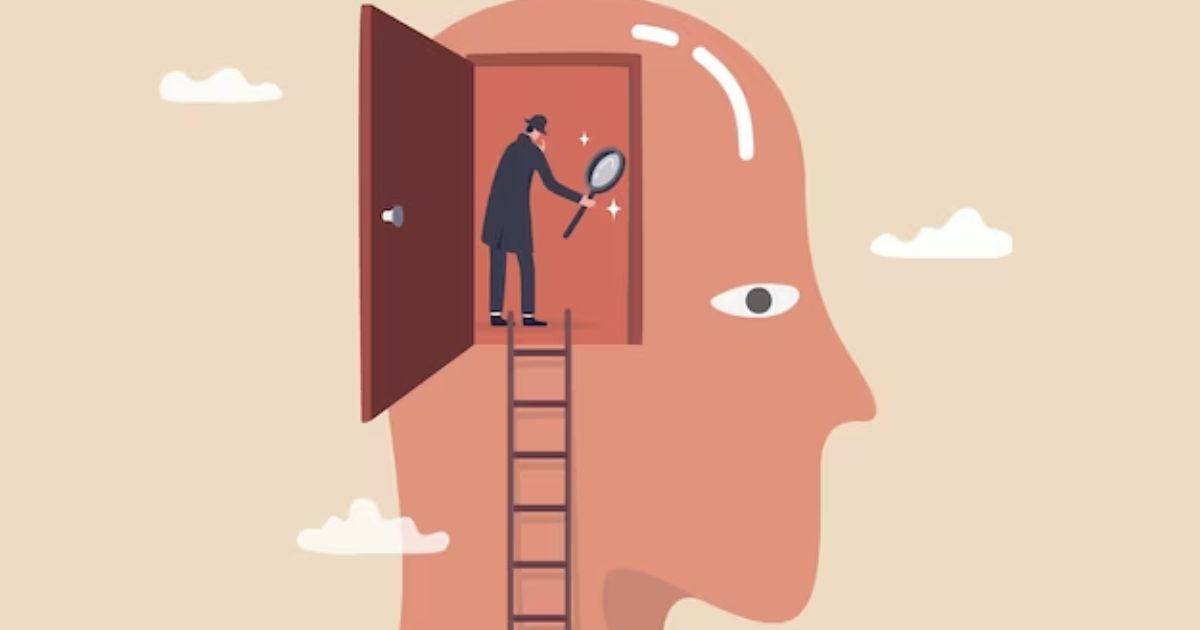- Catfishing refers to the act of creating a fake identity online to deceive others.
- Catfishing online can significantly impact the mental health of both the perpetrator and the victim.
What Is Catfishing?
Catfishing is the act of creating a fake online identity or persona, typically for the purpose of deceiving someone into a relationship. The term originated from the 2010 documentary “Catfish,” which follows a man who discovers the woman he has been talking to online is not who she claimed to be.
The motives for catfishing can vary widely. Some catfishers are motivated by financial gains, such as by scamming their victims out of money. Others may be seeking emotional validation or attention, while still others may be seeking revenge or engaging in cyberbullying.
How To Know You Are Getting Catfished Online
In a typical catfishing scenario, the person behind the fake identity will create a profile that includes false information, such as a fake name, age, location, occupation, and photographs. They may also fabricate personal details about their life, such as their family, interests, and hobbies, to make their profile more believable.
Once the fake profile is established, the catfisher will begin interacting with others, often by sending messages or initiating conversations. They may use a variety of tactics to establish trust and build a relationship with the victim, such as flattery, sympathy, and emotional manipulation.
In some cases, they may even use social engineering techniques to gather personal information from the victim, such as their phone number, email address, or home address.
The Psychology Behind Catfishing Behaviors
The psychology behind catfishing behaviors can be complex, involving a range of personality traits and motivations. Psychopathy, narcissism, and sadism are all traits that may be associated with catfishing behavior.
For instance, psychopathic individuals may be more likely to engage in catfishing behaviors because they lack the ability to empathize with their victims, and they may derive pleasure from deceiving and manipulating others.
People with high scores of narcissism tend to use catfishing as a way to gain attention and validation from others or to manipulate their victims into admiring them. On the other hand, people with sadistic tendencies take to catfishing, as it allows them to manipulate and control their victims, and to see them suffer emotionally.
Catfishing Online And Mental Health
Catfishing is an extremely unethical practice with significant negative effects on the mental health of both the perpetrator and the victim. Studies show that a majority of perpetrators who catfish someone have low self-esteem, a personality disorder, or circumstances like loneliness and boredom.
While catfishing may provide a temporary escape from their own reality and problems, maintaining a fake identity can be emotionally draining, leading to feelings of guilt and anxiety.
For the victim, the experience of being catfished can lead to significant emotional distress, including feelings of betrayal, embarrassment, and violation.
Victims may experience a loss of trust in others and may become wary about forming relationships online. In some cases, the emotional trauma from being catfished can lead to depression, anxiety, and even post-traumatic stress disorder (PTSD).
Addressing The Mental Health Impact Of Catfishing
It’s essential to recognize the impact of catfishing on mental health and take steps to prevent it. This includes being cautious when forming online relationships, verifying identities, and reporting instances of catfishing to the appropriate authorities.
Additionally, seeking support from mental health professionals can be helpful for both the perpetrator and the victim of catfishing.
Know More About –
Related Articles –
- Narcissists and Psychopaths Online: 3 Ways To Handle Cyberbullying and Trolls
- The Reason Why Falling In Love Online Doesn’t Count
- 10 Tips to Help You Stay Safe When Online Dating




























